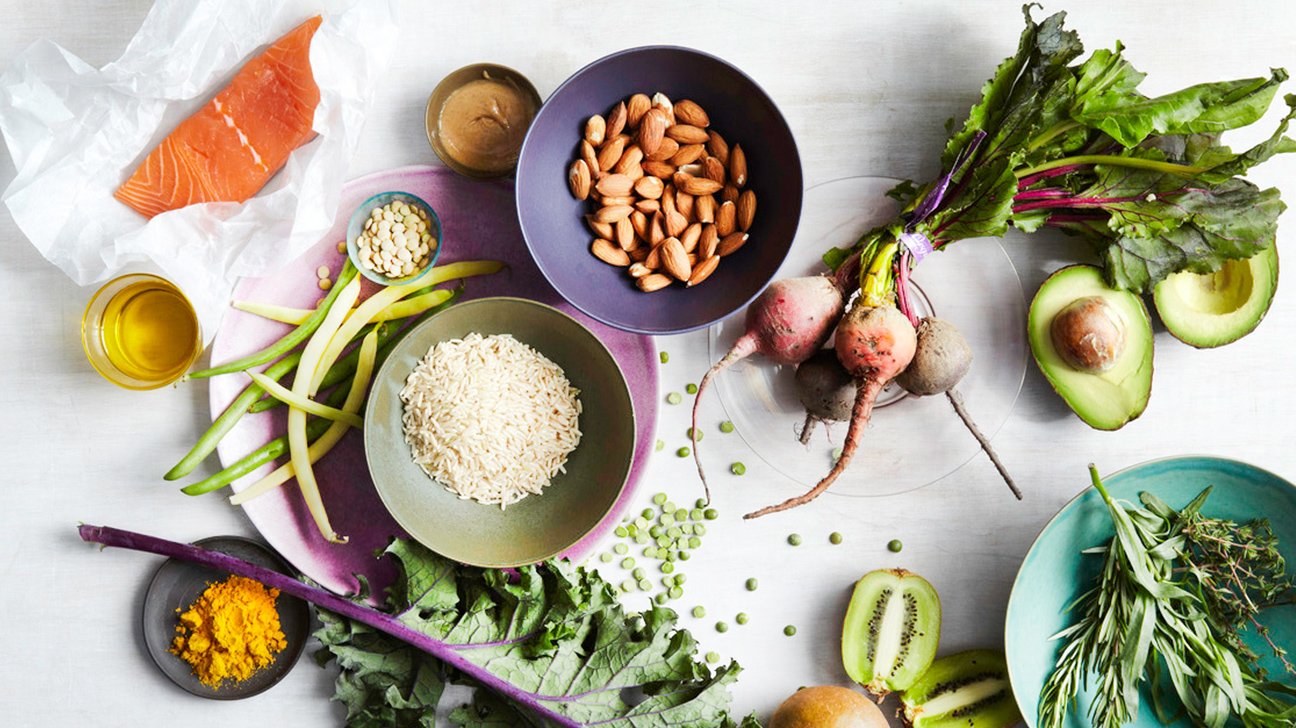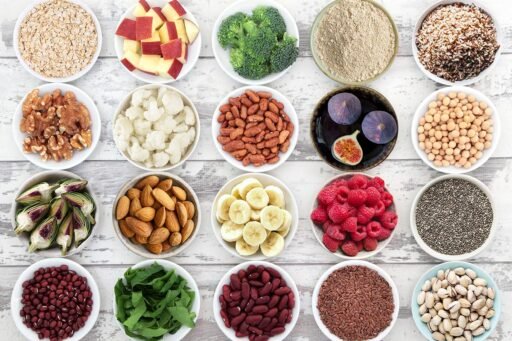1. Eat a High-Fiber Diet
- Why: Fiber promotes regular bowel movements and helps prevent constipation by adding bulk to stool. It also supports the growth of healthy gut bacteria.
- Sources: Whole grains (brown rice, oats, quinoa), fruits (apples, pears, berries), vegetables (spinach, broccoli, carrots), and legumes (beans, lentils, chickpeas).
2. Stay Hydrated
- Why: Drinking enough water is crucial for softening stool and preventing constipation. Proper hydration also helps maintain mucus production in the intestines, which aids in digestion.
- Tip: Aim to drink at least 8 cups of water a day, but more may be needed if you’re active or in a hot climate.
3. Include Probiotics and Prebiotics
- Why: Probiotics are beneficial bacteria that can help balance gut microbiota, improving digestion and preventing gastrointestinal issues like bloating, gas, and diarrhea. Prebiotics serve as food for probiotics, promoting their growth.
- Probiotic-rich foods: Yogurt, kefir, sauerkraut, kimchi, miso, and tempeh.
- Prebiotic-rich foods: Garlic, onions, bananas, asparagus, and whole grains.
4. Limit Processed Foods and Added Sugars
- Why: Processed foods, which are often high in unhealthy fats, sugar, and refined carbohydrates, can disrupt gut health and lead to digestive issues like bloating and indigestion.
- Tip: Minimize consumption of fast food, sugary snacks, and packaged meals. Opt for whole, minimally processed foods instead.
5. Eat Smaller, More Frequent Meals
- Why: Eating large meals can overwhelm the digestive system and lead to discomfort such as indigestion or acid reflux. Smaller meals are easier to digest and can help maintain energy levels.
- Tip: Try eating 4-6 smaller meals throughout the day rather than 2-3 large ones.
6. Include Healthy Fats
- Why: Healthy fats support the absorption of fat-soluble vitamins and provide energy. They also help lubricate the digestive system and keep things moving smoothly.
- Sources: Avocados, olive oil, nuts, seeds, and fatty fish like salmon.
7. Chew Food Thoroughly and Eat Slowly
- Why: Chewing food properly breaks it down into smaller particles, making it easier for the digestive system to process. Eating slowly helps reduce the likelihood of overeating and indigestion.
- Tip: Try to take 20-30 minutes for each meal and chew each bite thoroughly.
8. Reduce Stress
- Why: Stress can have a negative impact on digestion by triggering symptoms like heartburn, bloating, and changes in bowel movements. Chronic stress can even lead to conditions like irritable bowel syndrome (IBS).
- Tip: Practice relaxation techniques such as deep breathing, meditation, yoga, or mindfulness to help manage stress.
9. Avoid Overuse of Alcohol and Caffeine
- Why: Excessive alcohol and caffeine can irritate the digestive tract, leading to acid reflux, ulcers, or discomfort. They can also disrupt the balance of gut bacteria.
- Tip: Limit alcohol to moderate levels and be mindful of your caffeine intake, especially if you have a sensitive stomach.
10. Stay Active
- Why: Physical activity stimulates the digestive system and helps regulate bowel movements, reducing the risk of constipation.
- Tip: Aim for at least 30 minutes of moderate exercise most days of the week. Activities like walking, swimming, or yoga can be especially helpful for digestive health.
By adopting these dietary habits, you can support your digestive health and reduce the risk of digestive disorders. Always consult with a healthcare professional if you’re experiencing persistent digestive issues.
































Pingback: viagra dose 75 mg